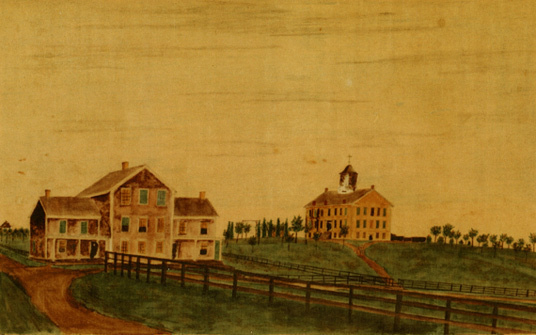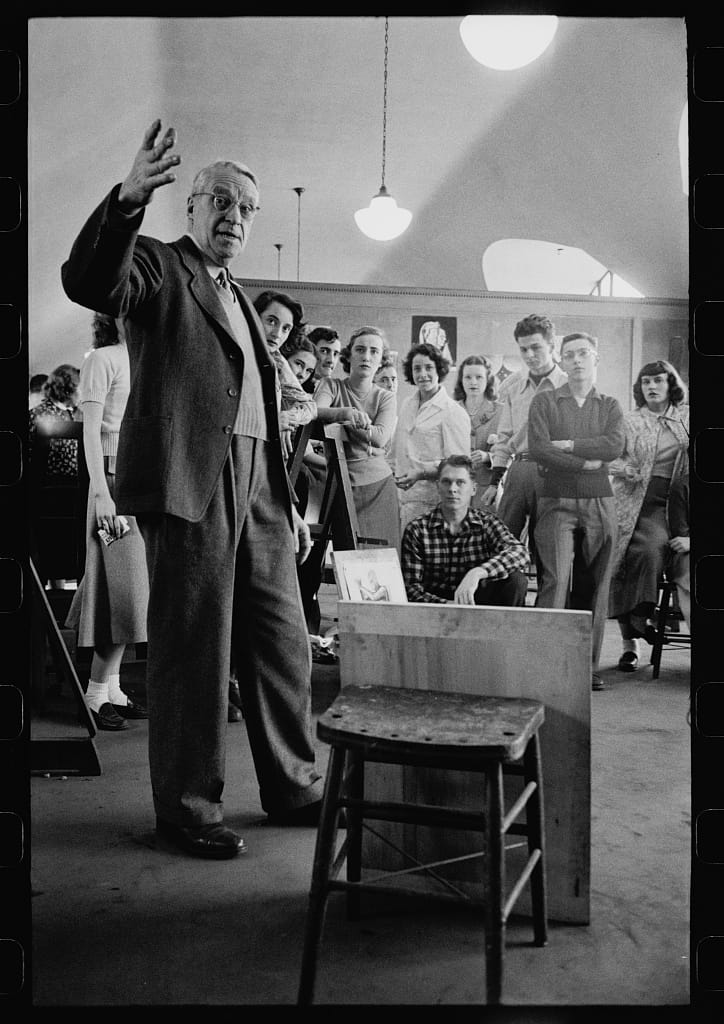Max Weber described bureaucracy as a form of rational authority in which rules and procedures, rather than personal whims, govern outcomes. We trust institutions, at least in part, because they promise nonarbitrary decisions. But the LMS era has given us something stranger: systems in which the appearance of personal judgment—the professor’s name on the grade—masks a deeper reality in which judgment is distributed across software defaults, drop-down menus, automatic “late penalties,” and back-office interventions.
The professor’s no becomes just one input among many—and not necessarily the decisive one.
When I asked who had changed my grades and why, I did not get a straight answer.
Hat tip to @ayjay whose feed I found this article on:
Emir J. Phillips:“It was late, the end of an exhausting term at a public university in the Midwest. I logged into our learning-management system (LMS) to answer a routine student email. The gradebook — rows and columns I had populated myself — should have been familiar. But one number was wrong. A student who had failed my course after submitting a final exam composed almost entirely of AI-generated text now showed as having passed. The F I had entered, following my syllabus and the university’s academic integrity policy, had become a D. […]
Once I understood what had happened to my grades, I did… social.ayjay.org


